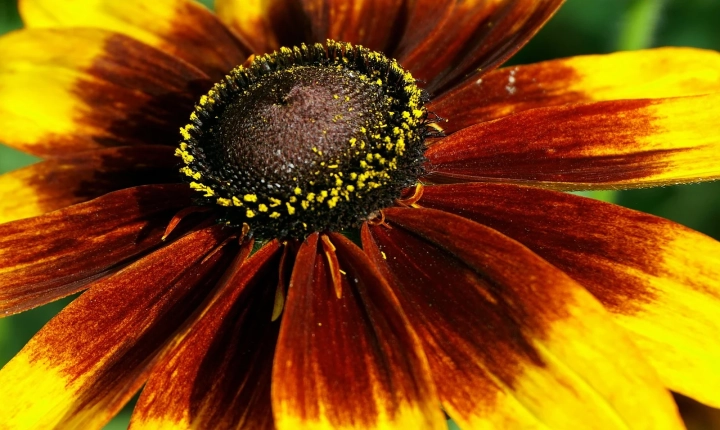Putting images in a ChatGPT conversation is a burgeoning topic in the realm of artificial intelligence and natural language processing. This capability has significant implications for the way we communicate and interact with AI models, particularly in fields such as customer service, education, and content creation.
At present, ChatGPT is a text-based model that generates responses based on the text input it receives. However, the ability to incorporate images into the conversation would enhance its communicative capabilities by providing visual context and depth to the interactions.
One of the most significant applications of incorporating images into ChatGPT is in the field of customer service. Imagine a support chatbot being able to receive and interpret images from customers to better understand their issues. For instance, a customer experiencing technical difficulties with a product could send a photo of the problem, allowing ChatGPT to potentially provide more accurate troubleshooting or connect the customer to a human representative equipped with visual context.
In the realm of education, the integration of images into ChatGPT could revolutionize the way students interact with AI-powered tutoring systems. When discussing complex topics, students could share images of relevant diagrams or equations, enabling ChatGPT to provide tailored explanations or quizzes based on the visual input.
Content creation is another area where the ability to include images in ChatGPT conversations would be transformative. Content creators could use this feature to collaborate with AI models in generating multimedia content, such as creating social media posts, writing articles with accompanying visuals, or even developing marketing materials.
Technologically, incorporating images into a text-based AI model like ChatGPT presents numerous challenges. Image recognition, analysis, and interpretation must be seamlessly integrated into the existing framework without compromising the performance or speed of the model. Additionally, ensuring the privacy and security of shared images is paramount, requiring robust systems for handling sensitive visual data.
Despite these challenges, significant progress has been made in the research and development of AI models capable of understanding and responding to visual input. With the advancement of multimodal AI models that can effectively process both text and images, the prospect of integrating images into ChatGPT conversations becomes increasingly feasible.
The potential benefits of enabling ChatGPT to interpret and respond to images are vast and multifaceted. From enhancing customer engagement and support to revolutionizing educational interactions and content creation, the integration of images into AI conversations could usher in a new era of multimodal communication and understanding.
As the technology continues to evolve, the day when ChatGPT and similar models seamlessly integrate images into their conversational capabilities may not be far off. The implications of this advancement are sure to reshape our interactions with AI and open up innovative opportunities for a wide range of industries and sectors.
